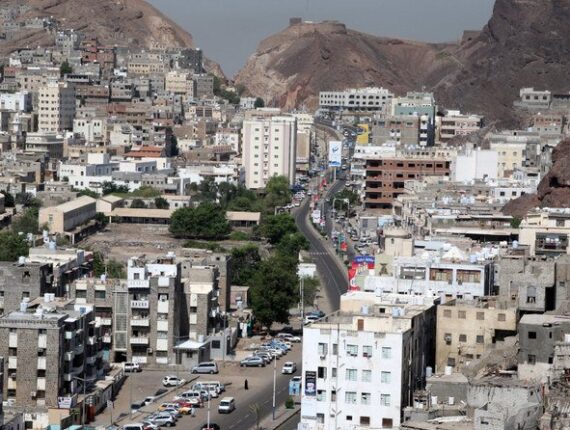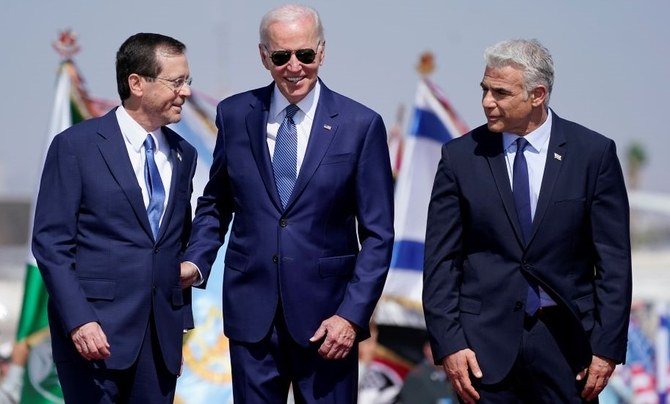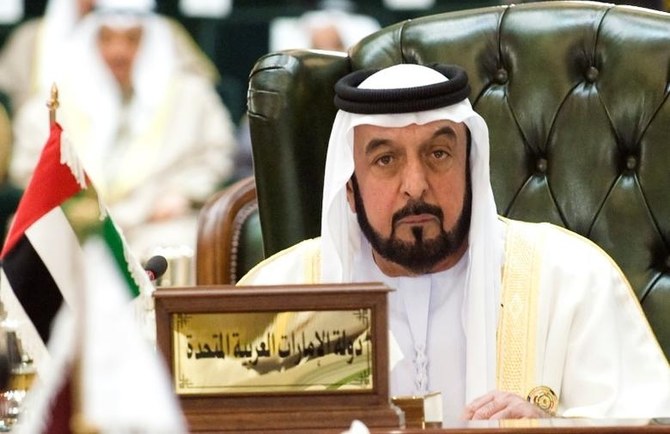Arab News
By: Rabbi Marc Schneier
September 14, 2022

A view of the downtown of the port city of Aden, Yemen. (Reuters/File)
It is in times of crisis and conflict that we reveal our character most clearly. This is true today in Yemen, where even the promise of a truce brokered largely by the UN, the US and Saudi Arabia has yet to cement peace or accelerate reconstruction. To do these things, Yemenis must also rebuild the bonds of faith and community that allow any society to thrive.
Within the context of these challenges, it is all the more remarkable that Yemenis recently started restoring a 160-year-old Jewish cemetery in Aden. What started as a volunteer effort has now garnered the support of local authorities and Yemeni institutions.
It amounts to a project of interfaith tolerance and embrace in a place where such sentiments have been in short supply. In the last couple of years, Yemen’s Jewish community — one of the world’s most ancient — has disappeared. Most of the remaining few fled to nearby countries after facing persecution and even arrest by the Houthi rebels. Just a century ago, they counted in the tens of thousands and could claim a lineage of almost 3,500 years.
Jewish tradition holds that the cemetery in Aden is where the biblical Abel was buried millennia ago. He is part of the tradition of each Abrahamic faith and the collective memory of Yemeni tolerance remains despite the societal havoc of the last decade.
Each of the Abrahamic religions instructs us to act with kindness toward our brothers and sisters of other faiths. It should be inspiring to all of us to see Yemen’s internationally recognized government and the people of Aden acting in this spirit. I hope this renewed focus on a Jewish cemetery can demonstrate how faith and incremental action can help us overcome the tribulations and pitfalls of extremist politics, sects and conflicts of the past — real or imagined.
The Jewish community of Yemen is no longer, but Yemenis are honoring their own shared past and patrimony by preserving its memory. By respecting the role of Jews in Yemen’s long and storied history, Yemeni leaders are showing inclusivity and a will to protect minorities in the nation’s future as it emerges from this tragic conflict.
“Such reconstruction efforts can remind all Yemenis of the primacy of tolerance in their culture.” – Rabbi Marc Schneier
The contrast with the Houthi rebels and the racist ideology they propagate is stark. The Houthis prey on religious differences of doctrine and ritual to divide once-harmonious communities in Yemen. Children are drilled to hate in schools, while state workers must chant mantras of death for peoples, such as those in the US and Israel, whom they have never met and of whom they have no conception. Their celebration of innocent Yemenis or Saudis killed is reprehensible.
Analysts today speak of the truce in Yemen in terms of money, men and ideology. These things shift and change, but the need for a functioning society to incorporate people of different beliefs holds true.
The Houthis seem to hold a firm grip over large parts of Yemen. But in this land, with its rich and resilient tribal, religious and societal mosaic, intolerance makes any sense of “control” inherently fragile. The history of Yemen shows that cultish indoctrination does not change a people. Some of its most ancient buildings have crumbled and priceless literature has been lost, but the tolerant Yemen of yore remains alive in stories, poetry and prayer, as well as the hearts of its people.
The cemetery restoration effort is a microcosm of what will need to take place to return Yemen to its true form and traditions of tolerance. While some tear down history and desecrate places of worship and commemoration to create a vacuum to fill with hate for their own benefit, reconstruction efforts like the cemetery can remind all Yemenis of the primacy of tolerance in their culture.
We all pray for an end to the war in Yemen, continued peace and rapid reconstruction. Let us add to these prayers that Yemenis remain on the path to rebuild not just brick by brick, but to rebuild and restore the diversity of the Aden of old in the image of tolerance of our Creator.
• Rabbi Marc Schneier is president of the Foundation for Ethnic Understanding and a noted adviser to many Gulf states.





